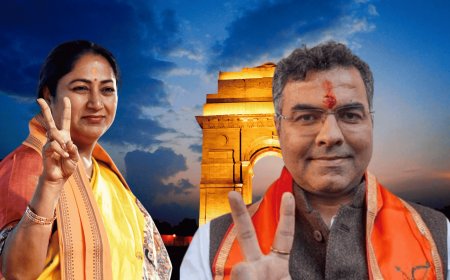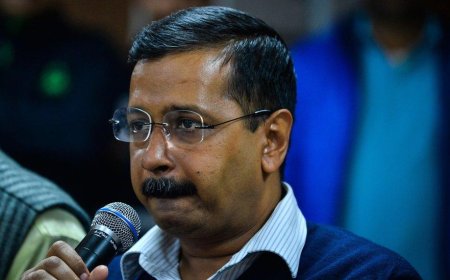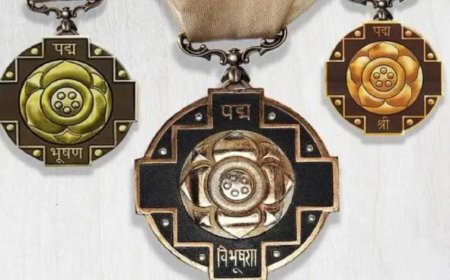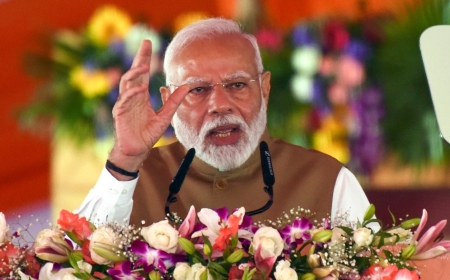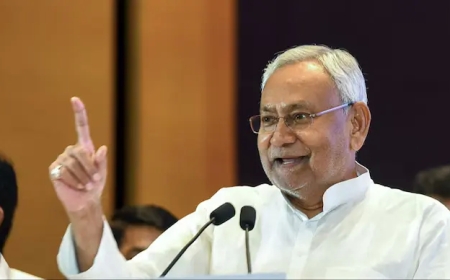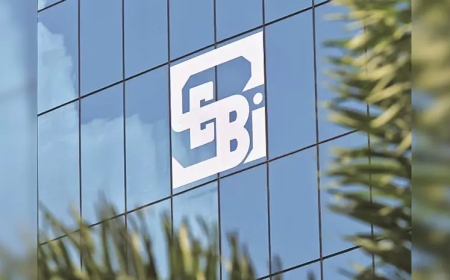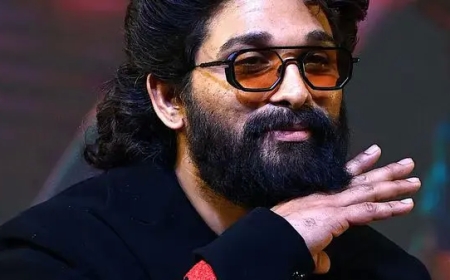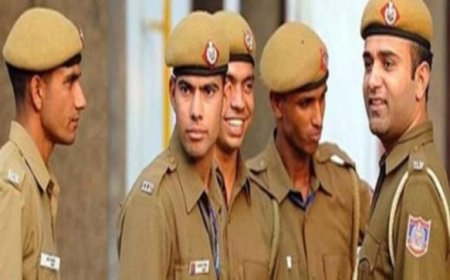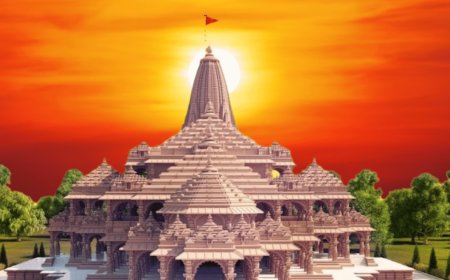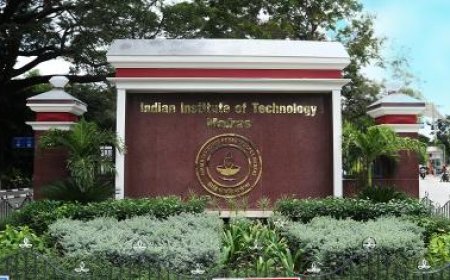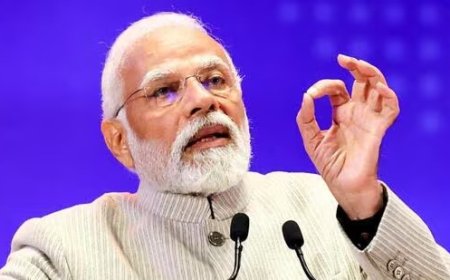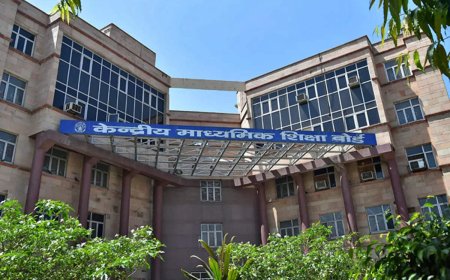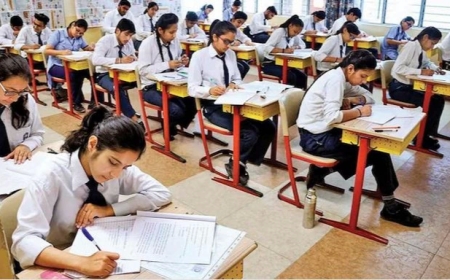Ram Mandir In Ayodhya: Timings for Aarti and Darshan, Significance And More. FAQs Answered
The Ayodhya Ram Mandir: Everything you need to know about the ram mandir, from history to visiting details.

As the auspicious "Pran Pratishtha" ceremony at the Ayodhya Ram Mandir draws near, there is growing anticipation for this grand event, slated to take place on January 22. Prime Minister Narendra Modi is set to preside over the ceremony as the 'yajman' or main host, accompanied by various dignitaries, including Bollywood celebrities and sportspersons. Here's everything you need to know about the significance, construction, and details surrounding the Ayodhya Ram Mandir.
For Hindus, the Ayodhya Ram Mandir is a symbol of their faith and culture. It is believed that Lord Rama was born in Ayodhya, and the temple is seen as a sacred place to worship him. The temple is also a reminder of the Ramayana, one of the most important Hindu epics.
The land on which the Ram Mandir is being built was once the site of the Babri Masjid, a mosque. In 1992, a group of Hindu nationalists demolished the mosque, sparking a wave of violence across India. The Supreme Court of India ruled in 2019 that the land belonged to the Hindus and that a Ram temple could be built there.
Ayodhya Ram Mandir: A Comprehensive Guide - FAQs Answered
1. What is the significance of the Ayodhya Ram Mandir?
The Ayodhya Ram Temple holds profound importance for Hindus, being revered as one of the most sacred pilgrimage sites. Believed to be the birthplace of Lord Ram, it stands as a symbol of religious and cultural heritage.
2. When was the foundation stone laid, and who oversees the temple?
The foundation stone was laid on August 5, 2020, by Prime Minister Narendra Modi. The temple is managed by the Shri Ram Janmabhoomi Teerth Kshetra trust, formed by the central government under the Supreme Court's directives.
3. How can one visit the Ayodhya Ram Mandir?
Visiting the temple is easily accessible once in Ayodhya, with local transport options like auto-rickshaws and cycle rickshaws available. Situated on the banks of the Sarayu River, the temple offers a serene setting for spiritual seekers.
4. What are the timings for Aarti and Darshan at the temple?
The Ram Lalla Aarti is conducted three times a day at 6:30 am, 12:00 pm, and 7:30 pm. Devotees can partake in divine Darshan from 7:00 am to 11:30 am and 2:00 pm to 7:00 pm.
5. Is there an entry fee to visit the Ayodhya Ram Mandir?
General entry to the temple is free. However, passes are required for Aartis, which are issued by the trust. Each Aarti allows the attendance of thirty people, and a valid ID proof is necessary for pass issuance.
6. Who sculpted the idol of 'Ram Lalla,' and what is its significance?
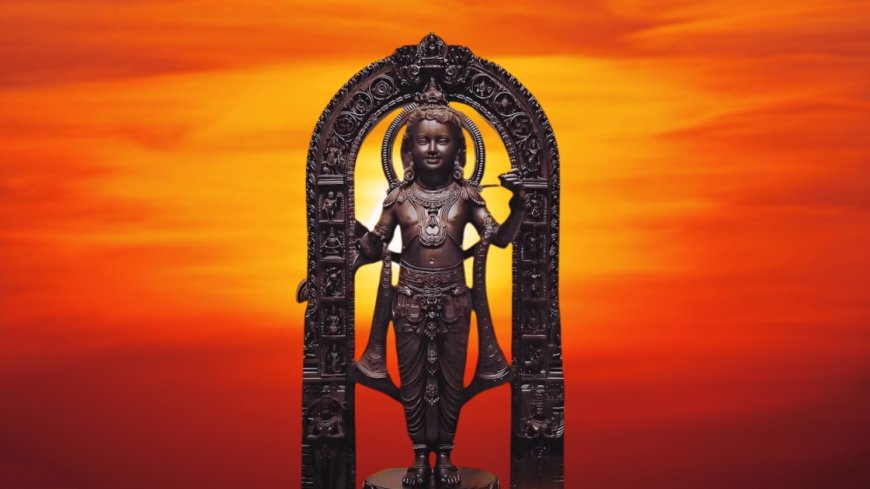
The idol was crafted by Mysuru sculptor Arun Yogiraj from black stone, weighing between 150-200 kgs. It portrays Lord Ram as a five-year-old boy in a standing posture, symbolizing his divine presence.
7. What is the estimated cost of the Ram temple construction?
The Sri Ram Janmabhoomi Teerth Kshetra Trust initially projected the cost at ₹1,800 crore. As of a PTI report, ₹900 crore was spent on construction between February 5, 2020, and March 31, 2023.
8. Are there other temples within the Ayodhya Ram Mandir compound?
Yes, there are four temples at the corners, dedicated to the Sun god, goddess Bhagwati, Lord Ganesha, and Lord Shiva. Additionally, the temple of Maa Annapurna is on the northern side, and a Hanuman temple is on the southern side.
9. When is the construction of the Ram Mandir expected to be completed?
The construction committee chairperson, Nripendra Misra, has indicated that the three-storeyed Ram temple in Ayodhya is slated for completion by December of this year.
As we approach the historic "Pran Pratishtha" ceremony, the Ayodhya Ram Mandir stands as a beacon of cultural and spiritual significance, inviting devotees to witness the culmination of a monumental journey.
Also Read: PM Modi Celebrates Ram Temple with Commemorative Stamps and Global Tribute Book
What's Your Reaction?
 Like
0
Like
0
 Dislike
0
Dislike
0
 Love
0
Love
0
 Funny
0
Funny
0
 Angry
0
Angry
0
 Sad
0
Sad
0
 Wow
0
Wow
0
